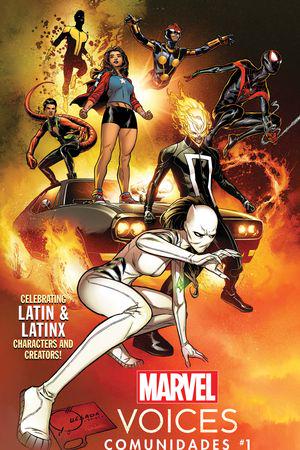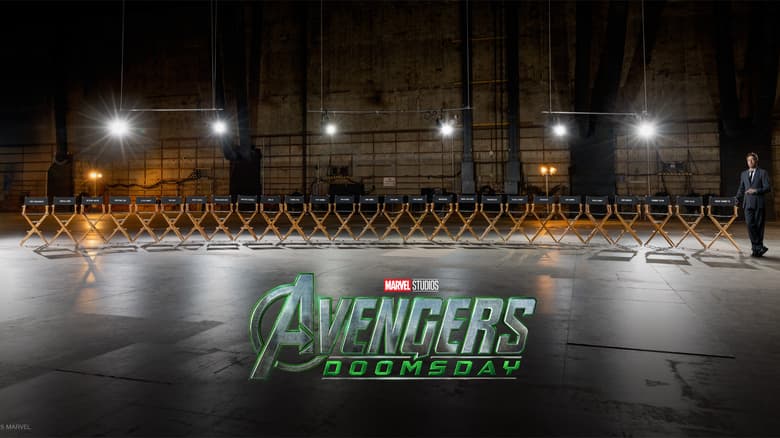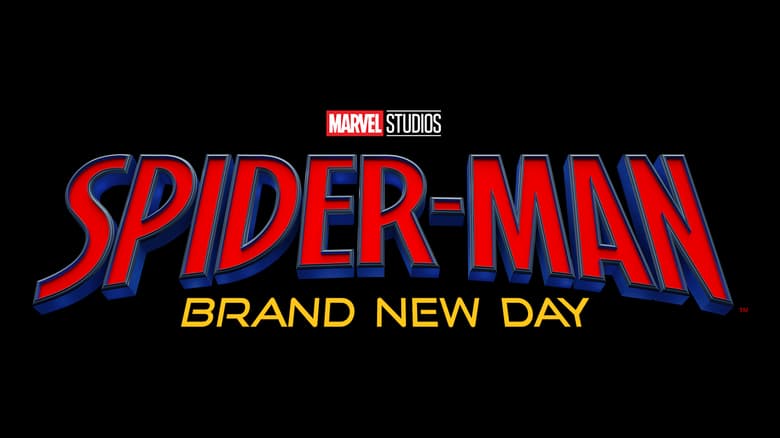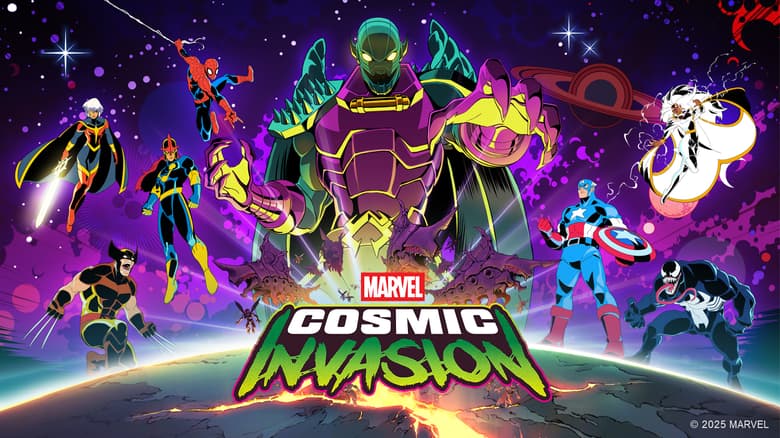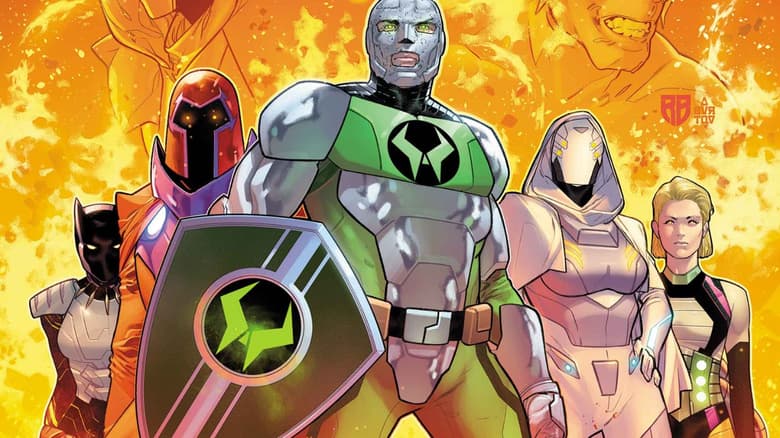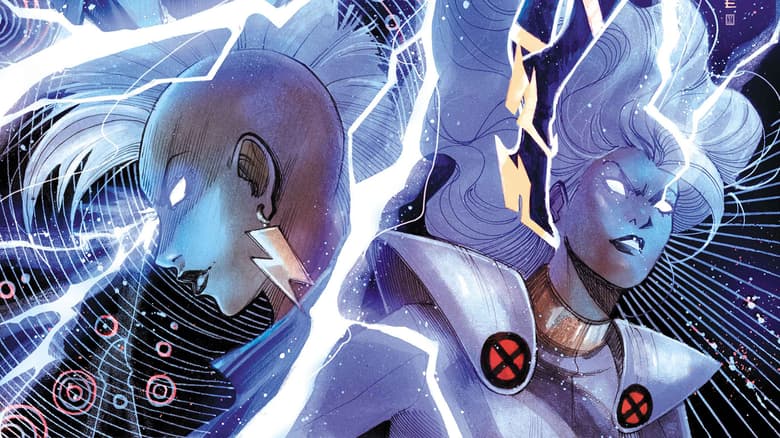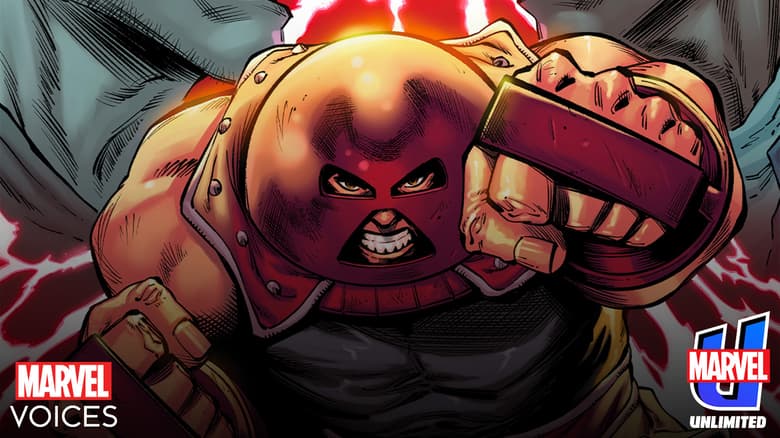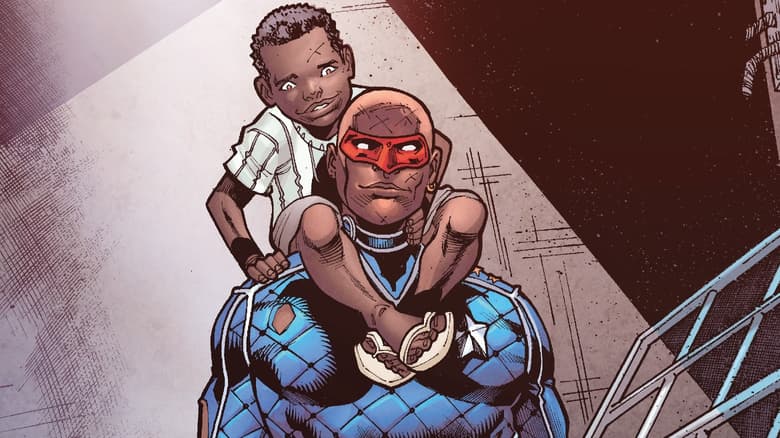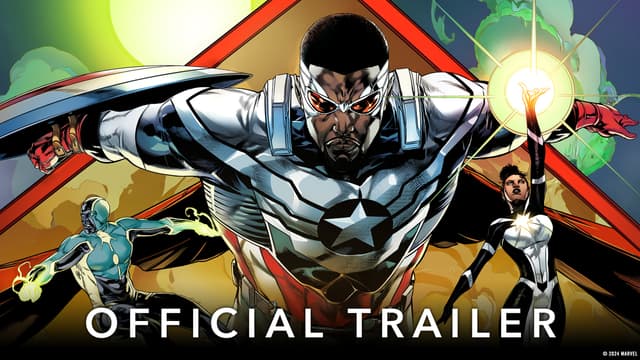A 'Marvel's Voices: Comunidades' Conversation with Jorge J. Santos Jr.
Prepare for December 8's 'Marvel's Voices: Comunidades' #1 as the award-winning scholar and professor sits down with writer Samantha Ceballos!
On December 8, Marvel dives into Latinx heroes past and present in the upcoming MARVEL'S VOICES: COMUNIDADES #1!
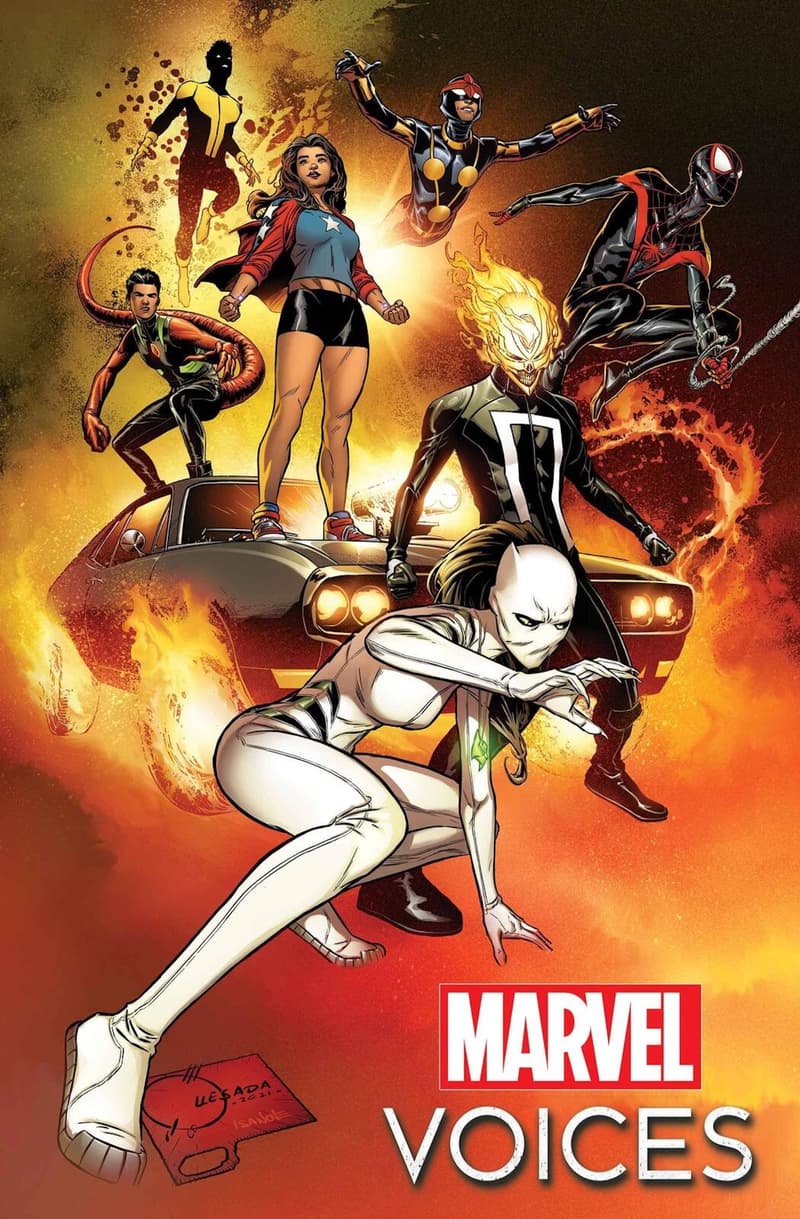
This issue features Miles Morales, America Chavez, Ghost Rider, White Tiger, Reptil, and many more. In spirit of the themed issue, Eisner Award winning comics scholar and director of the Latinx Pop Lab at UT Austin, Dr. Frederick Luis Aldama, states how “these and other of Marvel’s resplendent stable of Super Hero protagonists and their storyworlds have become the foundation, walls, doors, and windows that we Latinxs have used to make home and community.”
Be on the lookout for COMUNIDADES along with its covers, including the one above by Joe Quesada. In the flurry of Marvel’s announcement and in conjunction with Latinx Spaces, we were able to catch up with some of the contributors, comics creators, and scholars on the recent news of MARVEL'S VOICES: COMUNIDADES. First up...
Jorge J. Santos Jr., award-winning scholar and professor at The College of the Holy Cross
What excites you about Marvel’s announcement?
Other than the fact that Aldama is writing the intro! Andale primo! Honestly, what excites me most is the emphasis on community. Latinx writing, from literature to film to memoirs to comics, has always refracted the individual through the collective of the village, the barrio, the project, the ‘burbs, etc. I’m really hoping to see these characters placed in the context of nuestro pueblito in its full diversity as a counterbalance to the individualizing but also isolating experience of the Super Hero. I also love the shine Marvel is giving its Latinx creators. Too often, our faces are included in pop culture, but not the actual people who do the work. I’m jazzed to see that easily avoided pitfall get sent to the negative zone it belongs in.
How do you see Marvel's move to create a VOICES comics series and specifically the publication of COMUNIDADES?
Well, there will always be the skeptic in me that remains on alert for diversity as little more than brochure material – making sure Latinx creators are at the table really helps here. But on the other hand, Marvel has a long history of trying to diversify their Super Hero stable. As a company, Marvel has never feared trying and has always built on the lessons of the past. So, I see this as a natural extension of an inclusive impulse, even ethos, of the House of Ideas.
Might this kind of megawatt publication impact positively representation of Latinx in comics and the media generally?
Let me start to answer this question with a story about myself. Growing up with my cousins in our little barrios in Houston and Galveston, we grew up fascinated by Super Heroes. But, as Salvadoreans, we had no characters to see ourselves in, so naturally, we gravitated to the ones that anyone could imagine themselves as. So many of our favorites – Transformers, Ninja Turtles, the Power Rangers – either had no racial identity or at least one that was easy to ignore. Basically, anyone could be a Turtle, or an Autobot (or a Decepticon if ya nasty), or the Red Ranger. Today, one of those cousins grew up to be a tattoo artist with very different politics than my own – the love siempre estuvo ahi, pero finding common ground was often challenging.
Then, during a recent inking session (he’s given me three tattoos), he asked me if I had seen Spider-Man: Into the Spider-Verse (“bruh, so many times!”). We both bonded over the fact that neither of us had expected to get so emotional at hearing Miles’s mami speak Spanish (I audibly gasped, something my movie buddy still lovingly brings up). Now, I had always read Miles’s comics so that wasn’t a surprise – but something about HEARING it hit me where my heart lives, sabes? And sure, Miles is only half Puerto Rican and not even a little Salvadorean, but we both couldn’t help but feel that he was ours somehow. Even if just for the length of a movie, Miles connected us not only to each other, but to the larger Latinx comunidad.
We made a pact right then and there that on my next visit, he was giving me a Miles tat – which I got last week! The fact that people who view the world so differently finding common ground in Miles Morales really speaks to the power of representation. My only concern is that in the rush to celebrate an expansive and inclusive Latinidad, which of course I support with the force of a gamma bomb, that they flatten the experience, and inadvertently erase not only how we struggle in the world, but with each other and with ourselves.
What would you like to see more of in Super Hero comics today?
Now that Marvel in particular, but the comics comunidad more broadly as well, has really embraced representational diversity, I want to see increased narrative diversity as well. After all, we don’t just look and sound different, we feel differently, think differently, and tell stories about those lives differently. So, let’s see some of those narrative traditions shape the stories themselves! And always keep the central lesson of the X-Men in mind – what makes you different doesn’t just make you special, it makes you powerful. And that’s why they fear you. Pero unidos, todo se puede!
Read MARVEL'S VOICES: COMUNIDADES #1 at your local comic shop on December 8!
The Hype Box
Can’t-miss news and updates from across the Marvel Universe!
